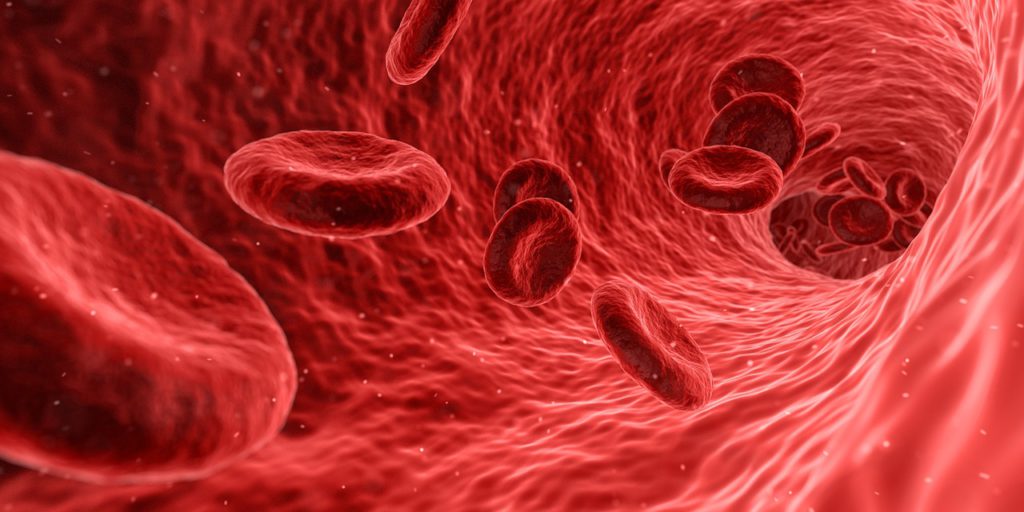 There are times when an accident of surgery leads to severe blood loss.
There are times when an accident of surgery leads to severe blood loss.
Here are 10 food that will help you regain your health following severe blood loss:
1. Fruits and vegetables
Eat fruits and vegetables rich in vitamin C (helps absorb iron), K (helps blood clot), B-12 and folate (help form red blood cells) and B-1 and B-6 (help keep red blood cells healthy).
Go for citrus fruits like kiwi, oranges, berries and pineapple rich in vitamin C. Bananas and avocados contain vitamin B-6, while asparagus and romaine lettuce are good sources of folate.
Besides, green, leafy vegetables are high in vitamin C, vitamin K and folate. Peas are an excellent source of vitamin B-1.
2. Meat
Human bodies do not absorb iron as efficiently from plant sources as animal sources, according to National Institutes of Health (NIH). So, go for lean meat and poultry, which provide vitamins B-1, B-6 and B-12. Beef and liver contain vitamin K.
3. Beans, nuts, grains, lentils
You can replenish your iron, folate, vitamin B deficiencies by consuming beans, nuts, grains and lentils. Blood-building nutrients are found in chickpeas, peanut butter and wheat germ.
4. Dairy products
Dairy products, like milk and yogurt, are enriched with vitamin B-1 and B-12. You may also go for soy milk.
5. Eggs
Eggs are an excellent source of proteins and are enriched with antioxidants that will help stock up vitamins in the body when you are recovering from severe blood loss.
6. Coconut water
Coconut water with high potassium content, is very effective to replenish lost blood. This natural drink has the ideal composition ratio of sugar, sodium, potassium and other electrolytes.
7. Wheatgrass juice
Drink a glass of wheat grass juice. Wheat grass is rich in chlorophyll that increases haemoglobin level and red blood cells in your body.
You may like to read
8. Cereals
Go for fortified cereals that are enriched with zinc, which boosts up the immune system and helps heal wounds.
9. Fish
Fish, especially, sea fish, is a super food while recovering from severe blood loss, says a report in National Center for Biotechnology Information (NCBI).
It is filled with omega-3 fatty acids, vitamins D and B2 (riboflavin), calcium, phosphorus and minerals, such as iron, zinc, iodine, magnesium, and potassium.
10. Take a supplement
Consult your doctor and go for iron and/or vitamin supplements, along with a nutritious and balanced diet.
Big Wire

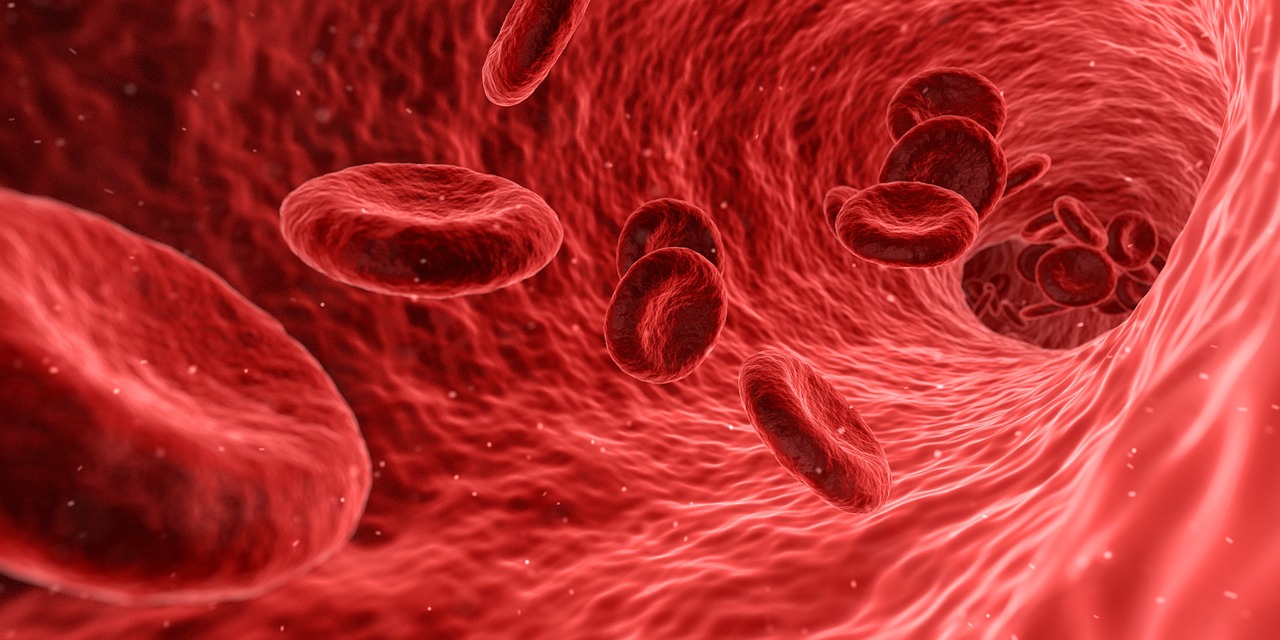
















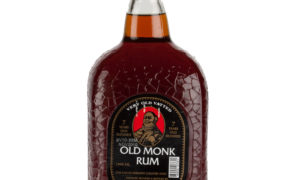







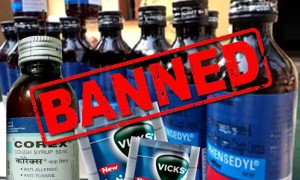



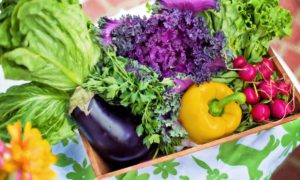





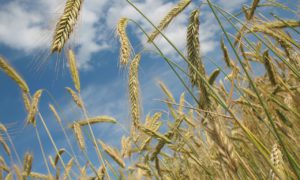









Patricia Bigge
August 31, 2023 at 3:15 am
What to do if they can’t fine the place the blood is coming from?